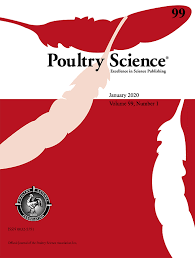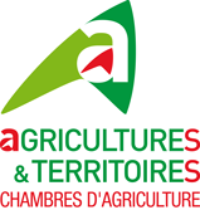Document type : Article published on the Agriland website (Ireland)
Author: Bernie Commins
Preview: Sinn Féin MEP Chris MacManus's support for a phased caged-farming ban across Europe is conditional, based on: the completion of an impact assessment; sufficient financial supports being in place; and the phase-out date allowing enough time for adaptation.
Today (Thursday, June 10) the European Parliament are debating an Agriculture and Rural Development Committee motion, resulting from the European Citizens' Initiative (ECI), End the Cage Age, that relates to banning the practice by 2027.
Financial costs to farmers
The midlands-northwest MEP told Agriland:
"In 2012, the EU banned battery cages, necessitating a move to larger enriched cages. This had a huge financial cost for the industry and resulted in half of egg producers exiting the sector. Many of those who remained are still paying off the debts incurred from converting their facility."
Caged-farming ban - supports
The Sinn Féin MEP said he believes that consumer preference for cage-free eggs will outpace the implementation of any legislation, so financial supports must be put in place now to help producers remain competitive. "In weighing up whether to consent to a legislative phasing out, a number of factors need to be considered," he added. Firstly, around 50% of Irish egg production, which is by far the most affected sector, is already cage free. It is a mix of barn, free range and organic. Therefore, the model already exists and is commercially viable. Secondly, cage-free is already consumer preference. If you look elsewhere like in the UK, Asda, Aldi, Lidl, Morrisons, Iceland and Tesco have committed to cage-free by 2025, this is driven by consumer demand. This development is likely to end the use of cages before any EU legislation."
Apprehensive
But, he said, he understood why Irish producers are apprehensive because of what happened in 2012. "To now tell these enterprises that they have to start again from scratch would appear unjust. Many of these enterprises employ high numbers of people in rural communities, jobs that would not easily be replaced if the sector became unviable." He added that he would be concerned that such enterprises would not be ready by 2027.
Sufficient transition period
Fine Gael MEP, Colm Markey, shared similar sentiments. "Animal welfare is obviously something I take seriously and it's a key area in my work as a member of the EU Parliament's Committee of Inquiry on Animal Transport. We just need to make sure that farmers are supported in any transition away from caged farming." He said he would support banning caged farming "as long as it is done properly with a sufficient transition period that is considered for each species specifically". "There are certain situations where limited cage use might be needed in order to protect the welfare of other animals, which also needs consideration," he added.
Effective controls on imported products to see if they respect EU animal welfare standards are also needed, he said. "It is important that the imported products are compliant with European animal-welfare requirements and standards so that our high-quality production will not be replaced by low-quality imports."
He added that initiatives such as the ECI, are an "important tool in democracies and clearly there's an appetite among the public to improve animal welfare standards, which cannot be ignored".
Assessment
Adding his voice, Fine Gael MEP Sean Kelly told Agriland that he would like the European Commission to assess the impact - short and long-term - of such a change, including costs, as soon as possible. He added: "Inherently, this is a valiant cause and I support it, but we just have to make sure it is implemented in the right way, including the safety of the animals. I support a transition from cages to alternative systems within a sufficient transition period, preferably considered for each species specifically. Moreover, we should strongly consider giving farmers compensation for higher production costs if this is the result of the regulation."






